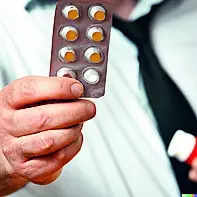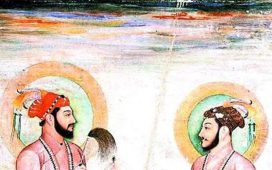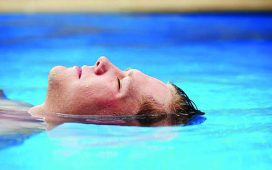
This week, Supreme Court asked GoI to set right the asymmetry over medical claims. Prescribed allopathic drugs are barred from being advertised to patients, and some restrictions on how their effectiveness is communicated to doctors. Ayurveda has to rely on advertising and consumer protection rules for deterrence – which does not serve the purpose, both rules providing ex post checks.
Trad med finds itself on a par with over-the-counter drugs that have been found to be safe without physician supervision. A harmonised approach incorporates regulating the active pharma ingredient rather than the final product. This will reduce the scope for misselling, but not eliminate it. Regulatory curbs on claims in trad med will have to measure up against those imposed for more detailed research. GoI will have to act on the court’s prodding to curb the growing menace of misleading advertising of Ayurveda products if it is serious about developing this medical stream. Improved oversight over claims is the better alternative to a judicial ban.









